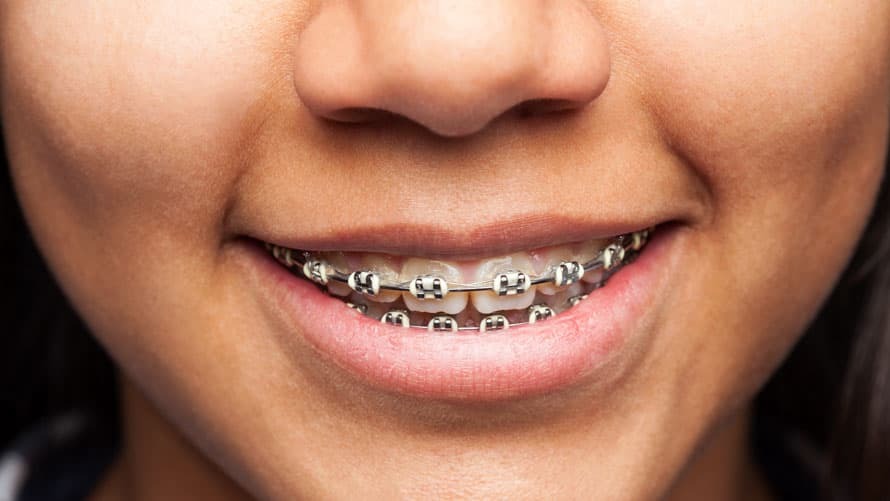Orthodontists and dentists both help patients improve their oral health, but in different ways. Dentistry is a broad medical specialty that deals with the teeth, gum, nerves, and jaw, while orthodontics is a specialty within dentistry that focuses on correcting bites, occlusion, and the straightness of teeth

Orthodontics
Do I need to take special precautions with brace?
Braces involves fixing of metal hook and wires for movement of teeth. They will lead increased sticking of food and therefore increased decay. Hence it is necessary to brush the teeth or keep it clean after every meal to avoid decay.
Do I need to remove teeth for braces?
Often the jaw size cannot accommodate all teeth in a proper alignment. Hence it may be necessary to remove one or more teeth for required space. It is dependent on the analysis of space and may or may not involve removal of teeth.
Is there an age limit for braces treatment?
At younger ages, the bone is soft and movement of teeth through bone is easier and less traumatic. As the age advances, the bone becomes more brittle and teeth must be moved a lot more slowly. For middle aged patients, braces is possible and done in a slower way.
Can braces treatment be made not visible to everyone?
Yes, with braces like Invisalign and Clearpath and lingual orthodontics, it is possible to have braces that are not evident to everyone and still move teeth for better alignment.
Should I wear retainers after orthodontic treatment?
Tooth tend to return to their original position after orthodontic treatment. Retainer help maintain the teeth in the new positions until they stablise and it usually lasts a year. However certain position need to be stabilised for a longer period with fixed retainers. Failure of orthodontic treatment is often linked to failure to wear retainers as instructed

